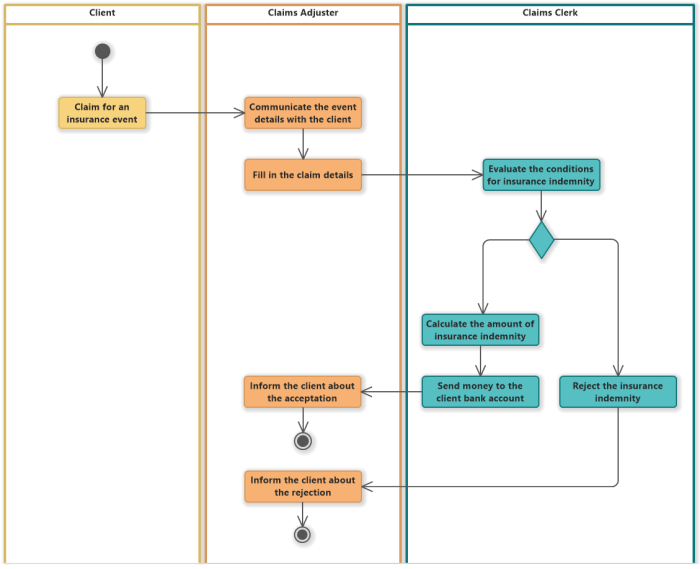Carol filled out a life insurance application, embarking on a journey to secure financial protection for her loved ones. This guide delves into the crucial aspects of completing a life insurance application, ensuring accuracy, completeness, and understanding of the implications.
Providing accurate personal information, disclosing complete medical history, and considering lifestyle factors are essential elements in obtaining a life insurance policy that meets individual needs.
1. Personal Information
Providing accurate personal information on a life insurance application is crucial to ensure a smooth and successful underwriting process. It helps the insurance company assess your risk profile accurately and determine an appropriate premium rate. Inaccurate or incomplete information can lead to delays, denials, or even policy cancellations.
Types of Personal Information Required
- Full name
- Address
- Date of birth
- Social Security number
- Occupation
- Income
Consequences of Providing False or Incomplete Information
- Delayed or denied coverage
- Higher premium rates
- Policy cancellation
- Legal consequences
2. Medical History

Disclosing your complete medical history on a life insurance application is essential for underwriting purposes. It enables the insurance company to evaluate your overall health and assess your risk of future health issues. Concealing or misrepresenting your medical history can have severe consequences.
Types of Medical Information Required, Carol filled out a life insurance application
- Current and past illnesses
- Surgeries
- Hospitalizations
- Medications
- Family history of medical conditions
Consequences of Failing to Disclose Medical History
- Delayed or denied coverage
- Higher premium rates
- Policy cancellation
- Legal consequences
3. Lifestyle Factors
Lifestyle factors play a significant role in determining your life insurance premium rate. Insurers consider factors such as smoking, alcohol consumption, and exercise habits to assess your overall health and longevity. Disclosing your lifestyle factors accurately is crucial for obtaining a fair and competitive premium.
Types of Lifestyle Factors Considered
- Smoking status
- Alcohol consumption
- Exercise habits
- Diet
- Recreational activities
Consequences of Failing to Disclose Lifestyle Factors
- Delayed or denied coverage
- Higher premium rates
- Policy cancellation
- Reduced death benefit
4. Beneficiaries

Designating beneficiaries on a life insurance policy is crucial to ensure that the death benefit is paid to the intended recipients. It is important to provide accurate and up-to-date information about your beneficiaries, including their names, addresses, and relationships to you.
Types of Information Required About Beneficiaries
- Full name
- Address
- Relationship to the insured
- Percentage of death benefit to be received
Consequences of Failing to Designate Beneficiaries
- Death benefit may be paid to the estate
- Legal disputes among potential beneficiaries
- Delays in distributing the death benefit
5. Review and Signature: Carol Filled Out A Life Insurance Application
Before signing a life insurance application, it is essential to carefully review the entire document to ensure accuracy and completeness. This includes checking for any errors in your personal information, medical history, lifestyle factors, and beneficiary designations.
Steps Involved in Reviewing the Application
- Read through the application thoroughly
- Check for any missing or incomplete information
- Verify that all information is accurate and up-to-date
- Ensure that you understand the terms and conditions of the policy
Consequences of Signing an Inaccurate or Incomplete Application
- Delayed or denied coverage
- Higher premium rates
- Policy cancellation
- Legal consequences
FAQ Guide
What are the key sections of a life insurance application?
Personal information, medical history, lifestyle factors, beneficiaries, and review and signature.
Why is it important to disclose complete medical history?
To ensure accurate assessment of risk and premium calculation.
What are the potential consequences of failing to disclose lifestyle factors?
Increased premiums or policy denial.